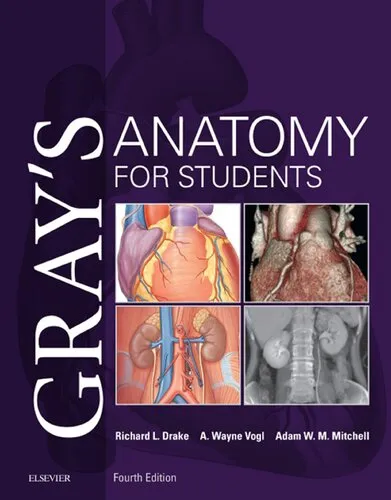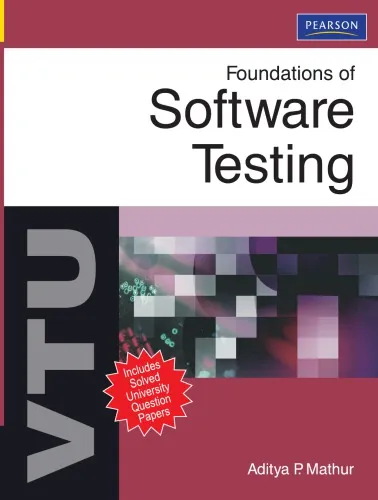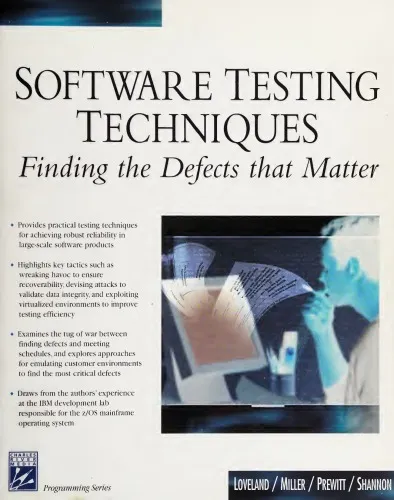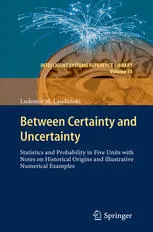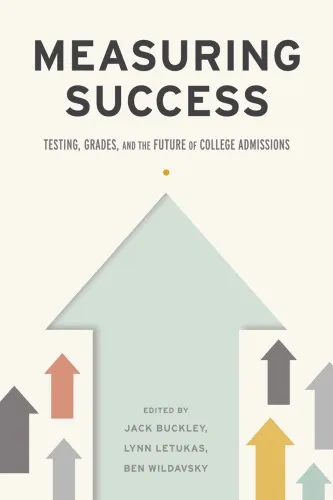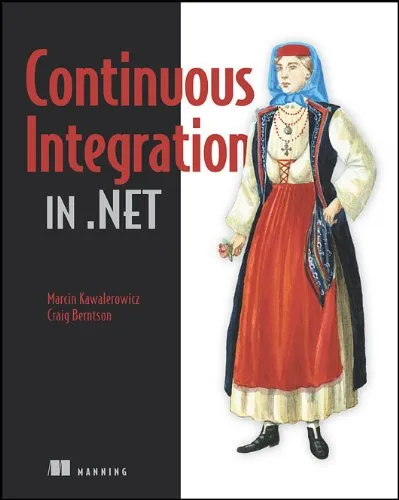Rethinking the SAT: The Future of Standardized Testing in University Admissions
4.0
Reviews from our users

You Can Ask your questions from this book's AI after Login
Each download or ask from book AI costs 2 points. To earn more free points, please visit the Points Guide Page and complete some valuable actions.Related Refrences:
Introduction to "Rethinking the SAT: The Future of Standardized Testing in University Admissions"
"Rethinking the SAT: The Future of Standardized Testing in University Admissions" delves into one of the most pressing debates in modern education: the role of standardized testing in university admissions. Written with thoughtful analysis and empirical insights, this book examines the societal, pedagogical, and political implications of tests such as the SAT while raising critical questions about their fairness and effectiveness in assessing student potential.
Detailed Summary of the Book
For decades, the SAT has been viewed as a cornerstone of university admissions in the United States, providing institutions with a standardized measure to compare candidates from diverse educational and socioeconomic backgrounds. However, this reliance on standardized tests has faced growing scrutiny, with critics questioning whether such exams truly measure a student’s ability or merely reflect systemic inequities.
"Rethinking the SAT" brings together insights from researchers, educators, policymakers, and educational testing specialists to provide a nuanced exploration of these debates. The book is structured around key themes, including the original intent and evolution of standardized testing, its predictive power for academic success, the influence of socioeconomic factors, and alternatives to current admissions practices.
The contributors analyze questions such as:
- How predictive are standardized tests like the SAT when it comes to academic and life success?
- Do these exams perpetuate or reduce inequality in higher education admissions?
- Are there viable alternatives to standardized testing that uphold fairness while capturing a student’s true potential?
By incorporating diverse perspectives, the book challenges readers to rethink whether traditional admissions tools align with the broader goals of higher education—accessibility, equity, and diversity. It neither outright condemns nor unequivocally defends the SAT but instead offers a critical framework for understanding its limitations and possibilities.
Key Takeaways
By the time you finish "Rethinking the SAT," you will gain:
- A deeper understanding of the history and purpose of standardized testing in higher education.
- Insights into the economic, social, and cultural factors that influence performance on exams like the SAT.
- Knowledge about alternative admissions practices, such as holistic review and test-optional policies, and their potential to create more equitable outcomes.
- An appreciation for the ongoing tension between objectivity and subjectivity in measuring academic potential.
- An informed perspective on how educational policies can better align with values like equity and inclusion.
Famous Quotes from the Book
"Standardized testing both reflects and reinforces inequity in education, serving as a mirror of our societal structures rather than a tool of transformation."
"The challenge of education is not merely to sort and rank students but to unlock their potential, irrespective of their starting points."
"A single score can capture neither the complexity of intelligence nor the depth of human potential."
Why This Book Matters
Over the years, the importance—and controversy—of standardized tests in university admissions has skyrocketed. As educational institutions pivot toward test-optional policies or even reconsider standardized assessments altogether, the discussion around the SAT's future has never been more critical. This book matters because it helps educators, administrators, parents, and policymakers navigate these complex issues with clarity and evidence-based insights.
As society pushes for greater equity in education, understanding the pros and cons of traditional admissions models is essential to moving toward a more inclusive educational system. "Rethinking the SAT" does precisely that by bringing together diverse viewpoints and proposing actionable solutions that encourage innovation in the admissions process while questioning the assumptions that have long gone unchallenged.
Whether you are a staunch advocate of standardized tests, a critic, or unsure of your stance, this book provides a balanced foundation for informed debate. It transforms the discussion from a polarized argument into a thoughtful exploration of how admissions systems can evolve to meet the demands of a changing world. In doing so, it paves the way for a new era of fairness and opportunity in higher education.
Free Direct Download
You Can Download this book after Login
Accessing books through legal platforms and public libraries not only supports the rights of authors and publishers but also contributes to the sustainability of reading culture. Before downloading, please take a moment to consider these options.
Find this book on other platforms:
WorldCat helps you find books in libraries worldwide.
See ratings, reviews, and discussions on Goodreads.
Find and buy rare or used books on AbeBooks.
1272
بازدید4.0
امتیاز0
نظر98%
رضایتReviews:
4.0
Based on 0 users review
Questions & Answers
Ask questions about this book or help others by answering
No questions yet. Be the first to ask!
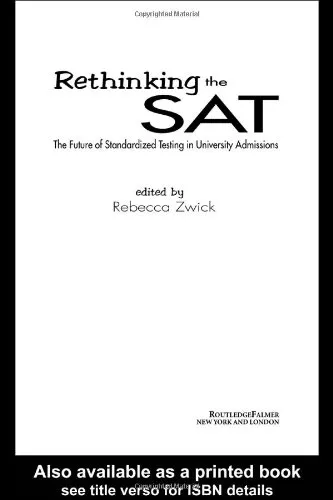
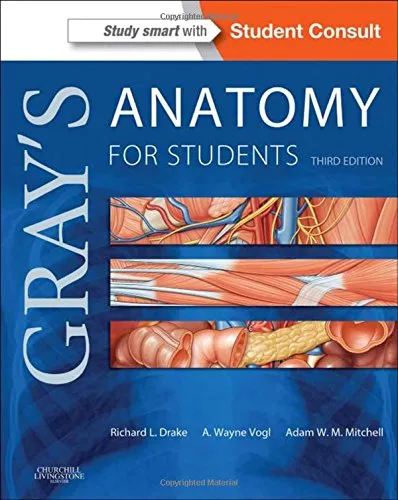
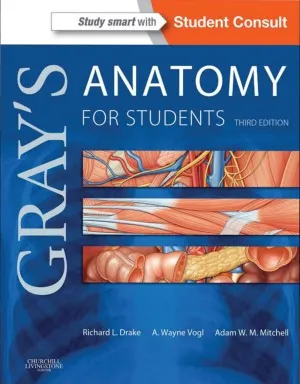
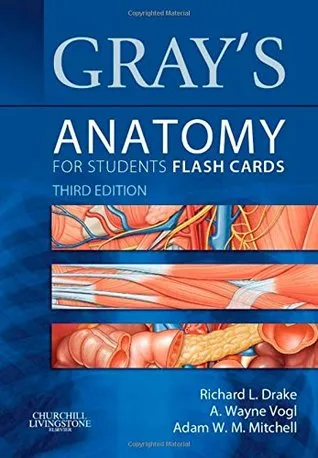
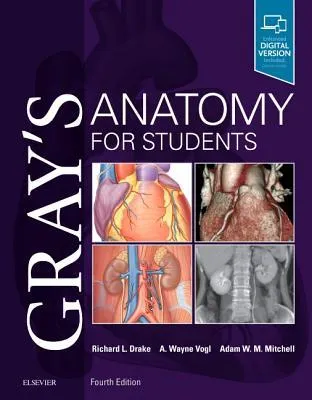
![Gray's Anatomy for Students [with Student Consult Online Access]](https://s3.refhub.ir/images/thumb/Gray_s_Anatomy_for_Students__with_Student_Con_2728_GXWaXqO.webp)
